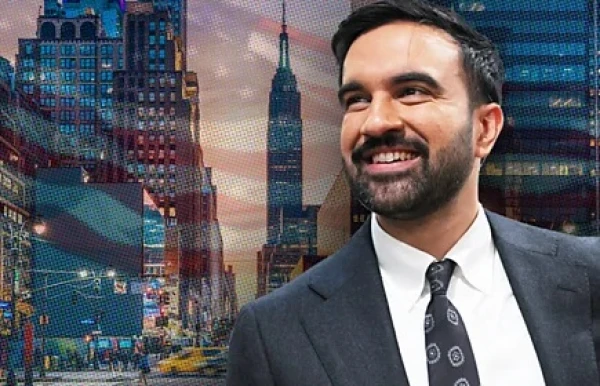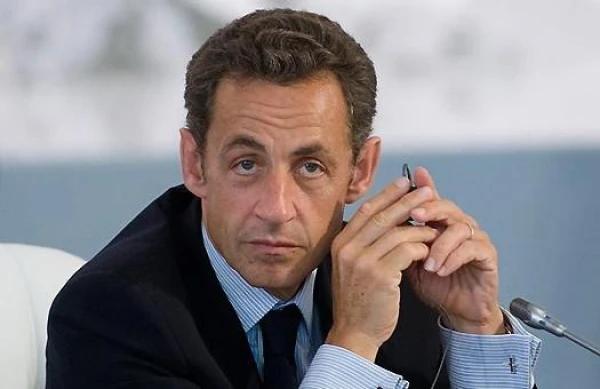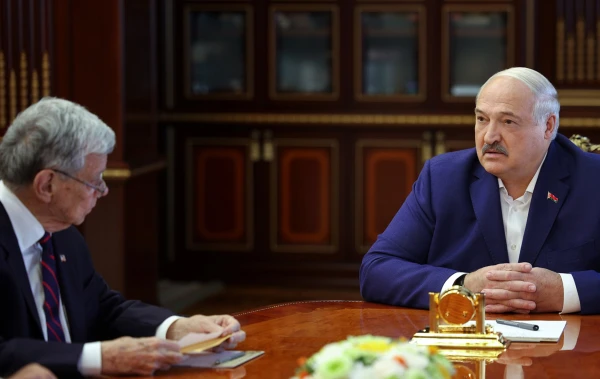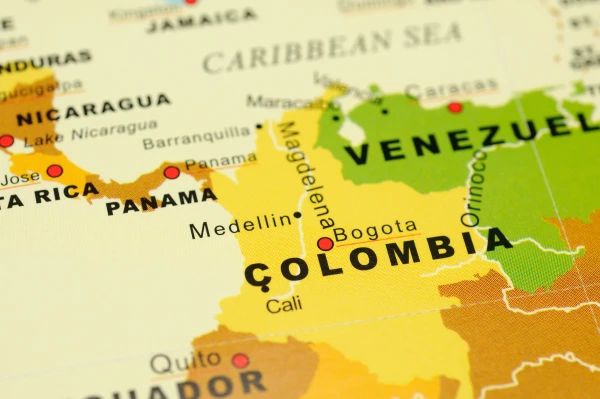
The ideological agenda of the Democrats fundamentally diverges from the dominant traditionalism in Russia.
The victory of Zohran Mamdani shows how left-leaning the Democratic Party is becoming — new generations of Democrats are no longer afraid of socialist ideas.
But this does not mean that the winning opposition will take revenge in the next major elections — the presidential ones. A classic example is the midterm elections won by Republicans in 1994. The Congress that came under their control shifted too sharply to the right, while President Bill Clinton, on the contrary, successfully evolved to the political center and was re-elected in 1996.
The main event, of course, was the New York City mayoral election campaign, during which Donald Trump called for voting for a Democrat for the first time. Of course, not for Zohran Mamdani, a member of the Democratic Socialists of America, but for Andrew Cuomo, who lost the primary and ran as an independent candidate. Trump called Mamdani the "candidate of the Communist Party" and threatened to cut federal funding for New York to the "bare minimum" in the event of his victory. Along the way, Trump criticized the Republican candidate Curtis Sliwa, who did not withdraw from the race in favor of Cuomo.
However, the election results showed that even if Sliwa had withdrawn his candidacy, it would not have changed anything. In the single-round election, Mamdani received 50.4% of the votes, Cuomo — 41.6%, and Sliwa — 7.1%. Voter turnout was record high — over 2 million voters cast their ballots (for comparison, in 2021, only 1.1 million). Mamdani became the first candidate for mayor since 1969 to receive more than 1 million votes. Mamdani's team was able to mobilize young voters eager for change. His volunteers adopted a "door-to-door" strategy, convincing residents to give the young leftist politician, who criticized the elites, a chance. "We toppled a political dynasty," Mamdani stated after the election, referring to Cuomo, who was a second-generation governor.
Mamdani's views give Republicans arguments to accuse Democrats of leftist radicalism and commitment to socialism. Although Mamdani's platform is quite moderate by European standards, it is almost revolutionary in the eyes of the conservative part of the American electorate. Politics in the U.S., a country of free enterprise and broad opportunities for private initiative, is generally significantly "to the right" of Europe — there has never been a socialist president in the country's history. However, in the first half of the 20th century, there were socialist congressmen, and the city of Milwaukee was governed by socialist mayors for decades without any revolution occurring there. Currently, socialist Bernie Sanders sits in the Senate, voting alongside Democrats.
But for a significant portion of voters, the word "socialism" remains categorically unacceptable. So Republicans hope that Mamdani's leftist views will discredit the party in the eyes of moderate voters. Moreover, Mamdani is not only a socialist but also a Muslim and a sympathizer of Palestinians, which causes discontent among many voters from rural areas. Young Democrats insist on the departure of old party elites and the promotion of more radical candidates, which does not always please older voters. The party as a whole is moving to the left. A Gallup poll showed that 66% of Democrats have a positive attitude towards socialism, while only 42% feel the same about capitalism.
Moreover, on a national scale, capitalism is approved by 54% of Americans. This is less than in 2010 (61%), but still a majority. The poll shows that Americans' attitude towards free enterprise remains positive overall, but since 2010, perceptions of big business have worsened. Only 37% of adult Americans view it positively, which is significantly lower than the 49% in 2010. The partisan divide is polarized: 17% of Democrats and 60% of Republicans support big business. A significant role in the "rehabilitation" of socialism has been played by Sanders' anti-elite campaigns, who participated in the Democratic primaries in 2016 and 2020, promoting the slogans of democratic socialism.
An interesting poll was conducted by the libertarian Cato Institute, which asked respondents about their attitudes not only towards capitalism and socialism but also towards communism. It turned out that 59% of respondents have a positive attitude towards capitalism, 43% towards socialism, and only 14% towards communism, which was one of the main fears for the U.S. in the second half of the 20th century. Among 18–29-year-olds, 34% expressed sympathy for communism; by comparison, among respondents over 65, only 2% did. The Cold War, where the main enemy was Soviet communism, has gone down in history. And, of course, for many young Americans, communism is not about empty store shelves, but a dream of a just society. And also — a protest against Trumpism.
The elections in New York seem to have little relevance to Russians — they have enough of their own concerns. But some observations can be made. The views of Russian citizens on political processes in the U.S. are closer to the sentiments of Republican voters — the flickering hopes for Trump are not accidental. A VTsIOM poll showed that if Russians had the opportunity to participate in the political life of the U.S., more than a third would vote for Trump in the 2024 presidential elections (37%), while only 8% would support Kamala Harris.
Thus, any American Democrats, including Mamdani, are by no means attractive examples for Russians. And it is not just that among the most conservative Republicans there are many isolationists advocating for the cessation of support for Ukraine, while among Democrats such views are less noticeable. The ideological agenda of the Democrats fundamentally diverges from the dominant traditionalism in Russia; the BLM protests and the removal of Confederate monuments were perceived as symptoms of the collapse of what is familiar to Russians, at least from the film "Gone with the Wind," of American civilization.
Against this backdrop, the social demands of democratic socialists, which might appeal to Russians, fade into the background. They are even less interested in these American realities than in the "culture wars" in the U.S. The election of a Muslim politician as mayor only reinforces this viewpoint — and Trumpist arguments that the metropolis will be flooded with illegal migrants may resonate with Russians.










